11 Key Facts About ED Treatment Near Me

11 Key Facts About Erectile Dysfunction Erectile dysfunction (ED) is a condition that affects millions of men globally, yet it remains a topic shrouded in misconceptions and embarrassment. Understanding ED is crucial, not only for those experiencing it but also for their partners. Here, we delve into 11 important facts about erectile dysfunction and ED […]
3 Exercises to Improve ED: How ED Treatment near me Can Help

3 Exercises to Improve Erectile Dysfunction Symptoms Erectile dysfunction (ED) is a common condition characterized by the inability to maintain an erection sufficient for sexual activity. Often linked to physical or psychological causes, ED affects millions of men worldwide. The most common culprits are cardiovascular-related issues such as obesity and high blood pressure. Fortunately, certain […]
Impact of Nutrition on Hormones and The Role of Testosterone Therapy Near Me
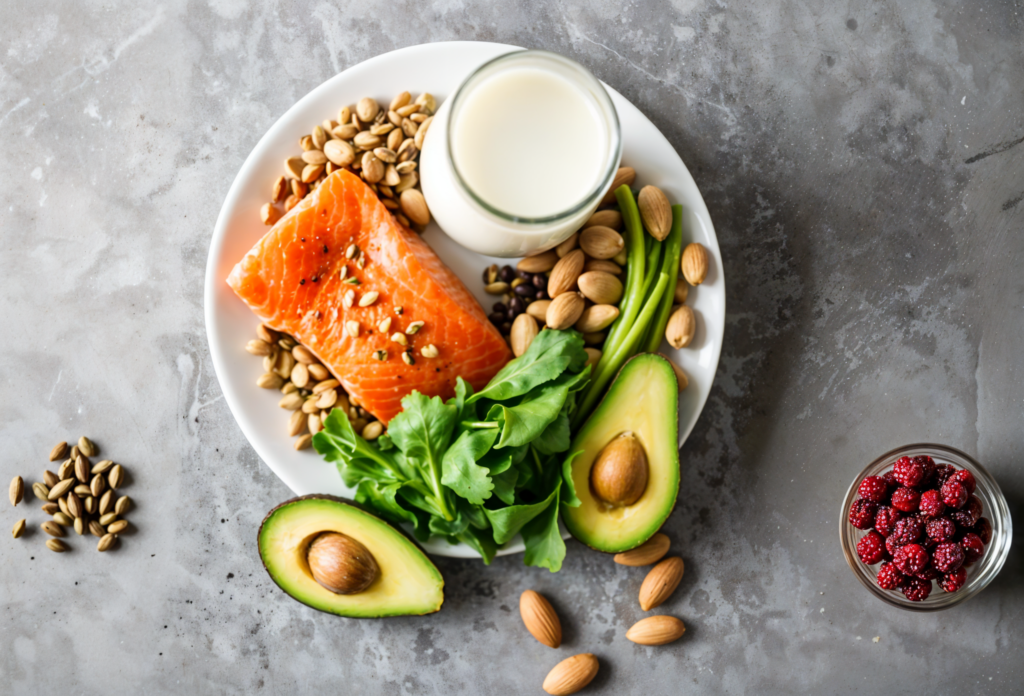
Impact of Nutrition on Hormones and The Role of Testosterone Therapy Near Me Testosterone is an essential hormone for both males and females, affecting everything from energy levels to muscle mass and even mood. It is pivotal in upholding healthful living; that is to say, it sustains the body’s physical health, mental well-being, and overall […]
Testosterone Therapy Online: Convenient Hormonal Health Solutions

Testosterone Therapy Online: Convenient Hormonal Health Solutions Testosterone is an important hormone that has to be there in the body for health and well-being purposes, particularly in individuals assigned male at birth (AMAB). It influences physical, emotional, and sexual health. Presently, with telehealth, online testosterone therapy has emerged as a highly accessible and effective means […]
6 Warning Signs to Visit an ED Clinic Near Me

6 Warning Signs to Visit an ED Clinic Near Me Men’s health is considered an important yet terribly overlooked part of holistic health. Many men fear discussing health issues because they are ashamed of their bodies or their symptoms, thinking that they are too weak to call for medical care. However, this has become a […]
Buy Tadalafil Online: How to Use, Dosage, and Benefits
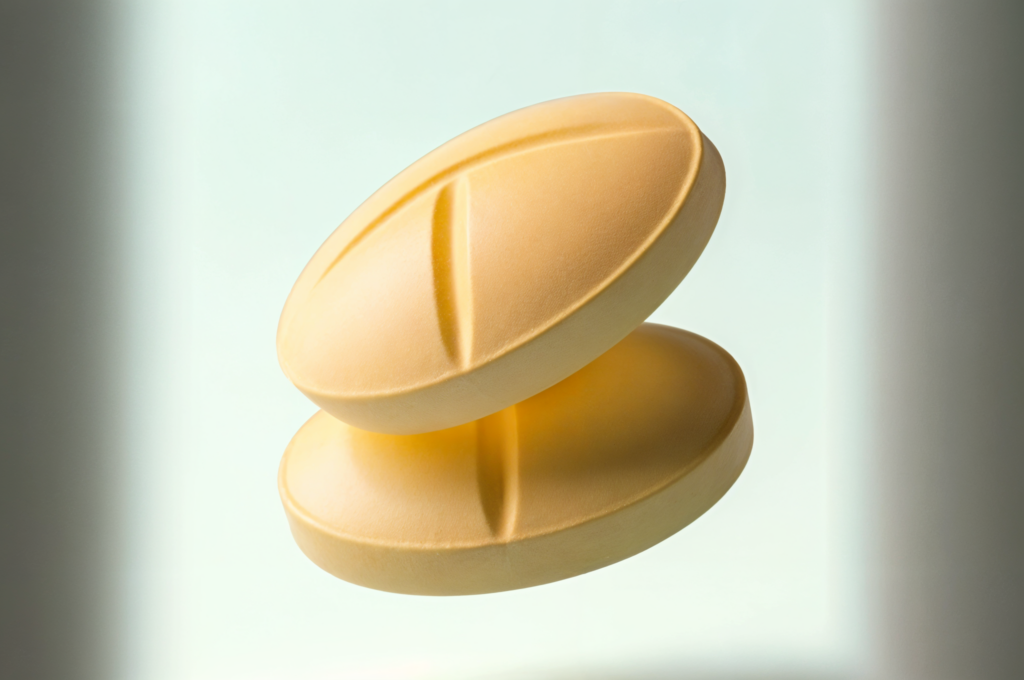
Buy Tadalafil Online: How to Use, Dosage, and Benefits Tadalafil is one of the well-known drugs used mainly in treating erectile dysfunction (ED), benign prostate enlargement, and pulmonary hypertension. Sold widely under brands Cialis® and Adcirca, tadalafil has demonstrated efficiency and versatility. To buy tadalafil 20mg or simply searching for tadalafil online, proper usage, dosage, […]
Coping With Erectile Dysfunction and Using ED Pills Near Me
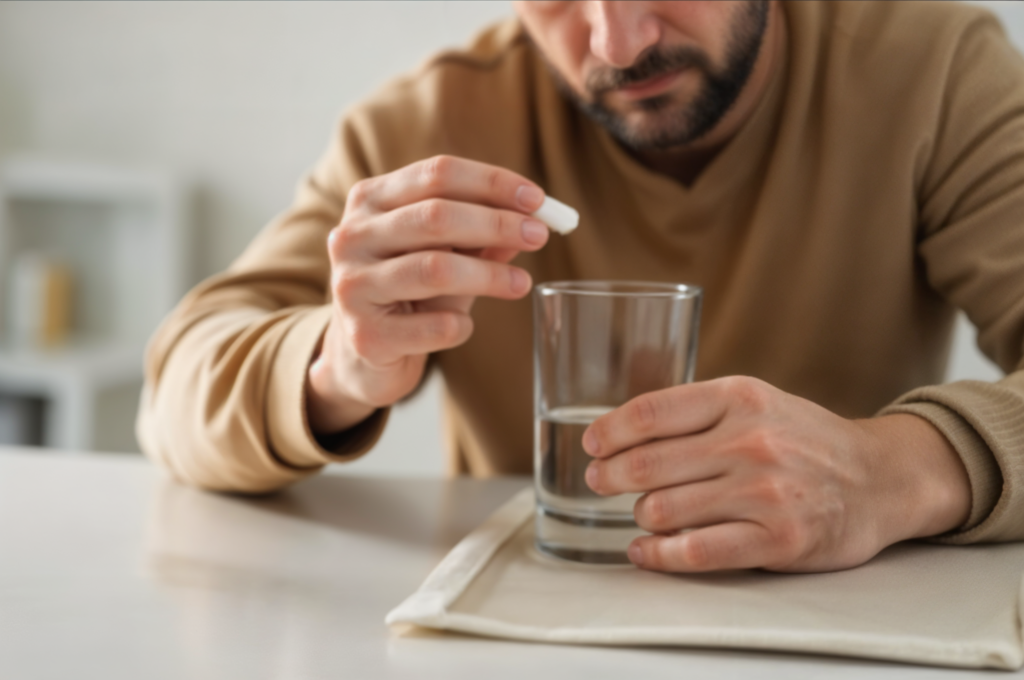
Coping With Erectile Dysfunction and Using ED Pills Near Me Erectile dysfunction is a condition that occurs in millions of men worldwide. It is a condition where an erection is not possible to achieve or maintain firm enough for satisfactory sexual intercourse. This can be a distressing issue; however, understanding its causes, treatments, and coping […]
Boosting Strength and Energy at Testosterone Therapy Clinic Near Me

Boosting Strength and Energy at Testosterone Therapy Clinic Near Me Testosterone is an essential hormone that plays an instrumental role in enhancing one’s strength, energy, and overall vitality. Besides affecting the physical attributes of the body, it plays a significant role in mental clarity, mood, and libido in men and women. For those who have […]
For Maximum Tadalafil Benefits, Should You Take It Daily or As Needed?

For Maximum Tadalafil Benefits, Should You Take It Daily or As Needed? Erectile dysfunction, an easily diagnosed condition in men, usually gets treated with drugs designed for helping a man attain or maintain erections. And Tadalafil, known to one and all as the most popular generic Cialis®, remains one of the best for ED treatment. […]
Testosterone Therapy Near Me: A Safer Alternative to DHEA Supplements
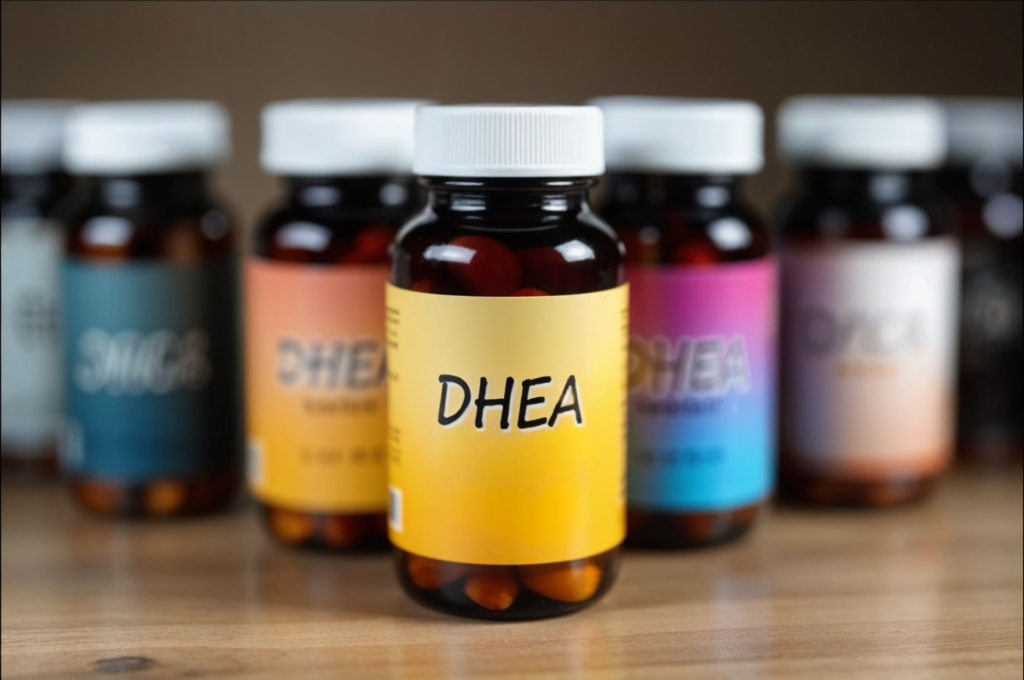
Testosterone Therapy Near Me: A Safer Alternative to DHEA Supplements As men age, their testosterone levels typically decline. Many changes in a man’s physical and emotional well-being are the result of these declining levels of testosterone. Many men seek to get their testosterone levels back on track, opting for supplements such as DHEA (dehydroepiandrosterone). Although […]
